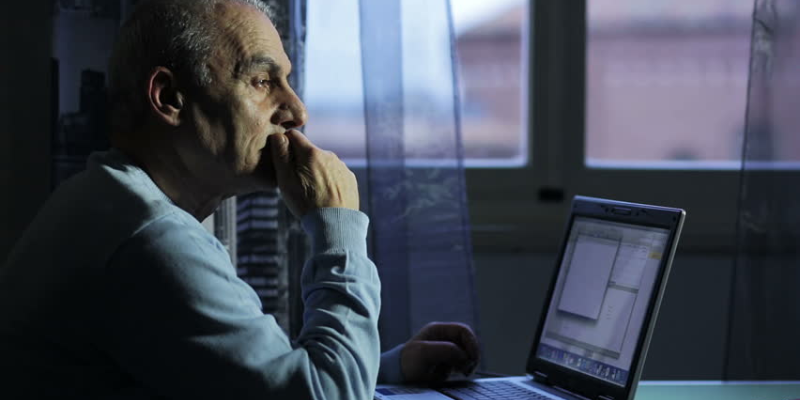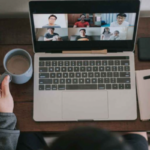
Whether you are aware of it or not, age bias many times creates hiccups in the hiring process. The question here is: What should a potential hire do to avoid falling victim to a recruiter’s subconscious age bias?
Recruiters have big responsibilities when it comes to hiring candidates for organizations. It is the responsibility of hiring the best, including the relevant talent, and exclude the irrelevant.
But there is one thing that creates big hiccups in hiring! That is the inherent bias that may jeopardize hiring and make the whole process ineffective.
Age bias is one such challenge that has been plaguing the hiring system for so long. It is only recently that better solutions to this problem have emerged in the form of AI.
Will this be the end of the problem, or will it complicate the issue further? Read more to know.

From big tech companies to small businesses, many employers are having trouble filling important positions right now. The Great Resignation has caused new talent shortages and made the ones that were already there worse.
Because of this, many companies are fighting hard for the same small number of candidates. Even so, some very qualified job seekers have a harder time getting hired than others because of one simple thing: their age.
Many recruiters are quite aware of the situational bias they are in, but still, the change at ground level seems to be slow and protracted. This disappointing situation in the hiring process is reflected in the available data.
Of the 800 hiring managers surveyed by Resume Builder, 38% said they had thought about applicants’ ages when reviewing their applications.
Even more shocking, 45% of hiring managers know of coworkers who are openly biased against applicants over a certain age. Only 44% of people who hire say that age has no effect on their decisions.
Even though a lot has been done to stop age discrimination at work, these results show that there is still a long way to go.
“Age Discrimination against Older Workers,” a study by the AARP, digs even deeper into what worries older workers.
The survey found that 64 per cent of workers, 50 and older think their age hurts them when it comes to getting hired, and 79 per cent of workers, 65 and older feel the same way. Only 9 per cent think that their age is a plus when it comes to getting a job.
Boomers, who have been working for decades, worry the most about ageism, followed by Gen Z, who are the newest workers.
According to a global study done by the non-profit Generation, from March to May 2021, 63% of people aged 45 or older who are unemployed have been without a job for more than a year. 52% of people between the ages of 35 and 44 and 36% of people between the ages of 18 and 34 are looking for work. Generation found that since 2015, between 40% and 70% of people who have been out of work for a long time have been 45 or older. This is not a new trend.
Whether it’s conscious or not, bias based on age has no place in the hiring process. During a talent shortage, it could be especially bad because it would make it harder for companies to find new hires with the right skills and experience.
Fighting Against Implicit Bias!
Age bias is hard to deal with because so much of it is unconscious and based on ideas that people already have.
So, what can HR professionals do to help stop age bias that isn’t conscious? The people in charge of hiring had some ideas. Many said that age bias was more likely to happen when candidates’ resumes had photos of themselves or their graduation years.
Many hiring managers still want to see all relevant experience, even if it spans decades and hints at a candidate’s age. Removing graduation dates can help fight unconscious age bias.
Employers can’t turn down great candidates because of their age because there aren’t enough good people to go around. It’s a great idea for HR and upper management to teach hirers about unconscious age bias and what they can do to stop it.
What is your call when it comes to hiring a person of age?







Recent Comments